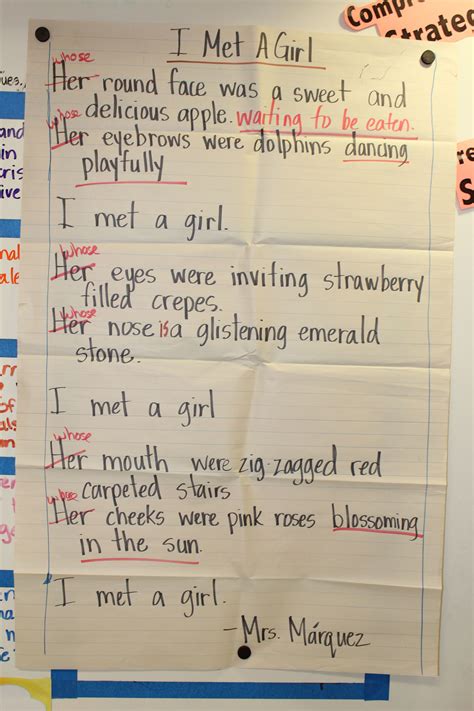Poetry is a powerful medium for self-expression, storytelling, and capturing the essence of the human experience. It can evoke emotions, spark imagination, and provide a unique perspective on the world around us. One of the most compelling aspects of poetry is its ability to transcend traditional forms and embrace everyday language, making it more relatable and accessible to a wider audience.
In this article, we will explore the concept of using everyday language in poetry, its significance, and provide examples of five poems that masterfully employ this technique. We will also discuss the benefits of using everyday language in poetry and offer tips for writers who want to experiment with this style.
What is Everyday Language in Poetry?
Everyday language in poetry refers to the use of ordinary, conversational language to express thoughts, emotions, and experiences. It eschews traditional poetic devices, such as metaphor, simile, and elaborate vocabulary, in favor of a more direct, unadorned approach. This style of poetry seeks to capture the essence of everyday life, making it more relatable and authentic.
Benefits of Using Everyday Language in Poetry
Using everyday language in poetry has several benefits:
- Accessibility: Poetry becomes more approachable and understandable to a wider audience.
- Authenticity: Everyday language helps to create a sense of authenticity and sincerity in the poem.
- Immediacy: The use of everyday language can convey emotions and ideas more directly and effectively.
- Relevance: Poetry becomes more relevant to contemporary life and experiences.

5 Poems that Masterfully Employ Everyday Language
Here are five examples of poems that use everyday language to great effect:
1. "The Road Not Taken" by Robert Frost
While not entirely composed of everyday language, Frost's iconic poem uses conversational language to explore themes of choice and regret.
Two roads diverged in a yellow wood, And sorry I could not travel both...
2. "Mother to Son" by Langston Hughes
Hughes's poem is a powerful example of everyday language used to convey the struggles and resilience of African American life.
Life for me ain't been no crystal stair. It's had tacks in it, And splinters, And boards torn up...
3. "The Love Song of J. Alfred Prufrock" by T.S. Eliot
Eliot's modernist masterpiece employs everyday language to explore themes of anxiety, self-doubt, and alienation.
Let us go then, you and I, When the evening is spread out against the sky...
4. "Lady Lazarus" by Sylvia Plath
Plath's poem is a vivid example of everyday language used to convey the intensity of emotions and the struggle with mental illness.
I have done it again. One year in every ten I manage it—
5. "Daddy" by Sylvia Plath
Another example from Plath, "Daddy" uses everyday language to explore themes of identity, family, and mortality.
You do not do, you do not do Any more, black shoe In which I have lived like a foot For thirty years, poor and white,

Tips for Writers: Using Everyday Language in Poetry
If you're interested in experimenting with everyday language in your poetry, here are some tips to get you started:
- Listen to the way people speak: Pay attention to the rhythms, cadences, and idioms of everyday conversation.
- Use simple, direct language: Avoid overly complex metaphors or flowery language.
- Draw from personal experiences: Use your own life experiences and emotions as inspiration for your poetry.
- Experiment with form: Don't be afraid to break away from traditional poetic forms and explore new ways of expressing yourself.

Conclusion
Using everyday language in poetry is a powerful way to create relatable, authentic, and impactful poetry. By embracing the rhythms and idioms of everyday conversation, poets can tap into the emotions and experiences of their readers, creating a deeper connection and understanding. Whether you're a seasoned poet or just starting out, experimenting with everyday language can help you find your unique voice and style.
We hope this article has inspired you to explore the world of everyday language in poetry. Share your thoughts, favorite poems, or your own poetry experiments in the comments below!






What is everyday language in poetry?
+Everyday language in poetry refers to the use of ordinary, conversational language to express thoughts, emotions, and experiences.
What are the benefits of using everyday language in poetry?
+The benefits of using everyday language in poetry include accessibility, authenticity, immediacy, and relevance.
How can I use everyday language in my poetry?
+Listen to the way people speak, use simple and direct language, draw from personal experiences, and experiment with form.
